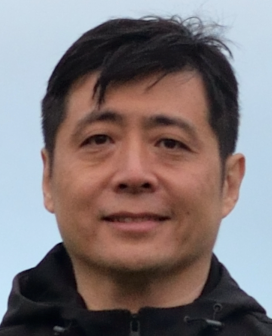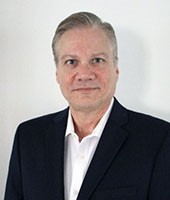Investing in employee training is essential for driving operational efficiency, improving productivity, and ensuring long-term business success. However, when measuring the ROI of training, it’s essential to account for both tangible and intangible benefits. Tangible benefits—like reduced defects or increased productivity—are easier to quantify, but intangible gains such as improved morale, employee retention, or leadership alignment also drive long-term business value. Ignoring these outcomes can lead to an incomplete picture of training effectiveness and undervalue the full impact of the investment.
Direct Benefits of Training
Direct benefits are measurable outcomes that immediately impact business performance. These include:
1. Enhanced Productivity
Trained employees work faster and with greater accuracy, reducing errors and increasing output.
- KPIs: Time to competency, output per worker, units produced per hour.
2. Improved Operational Efficiency
Optimized processes and skilled workers maximize the use of time, labor, and equipment, minimizing waste and downtime.
- KPIs: Cycle time, throughput, on-time delivery, downtime reduction.
3. Higher Product Quality
Better training leads to fewer defects, less rework, and improved final product quality.
- KPIs: Defect rate, first pass yield (FPY), rework and scrap reduction, warranty claims.
4. Cost Savings
By reducing waste and improving efficiency, organizations lower material, energy, and labor costs.
- KPIs: Cost of defects, operational costs.
Indirect Benefits of Training
While indirect benefits may be harder to quantify, they significantly impact long-term success. These include:
1. Increased Employee Retention and Satisfaction
Employees who receive quality training feel more valued, leading to higher job satisfaction and lower turnover.
- KPIs: Turnover rate, employee tenure post-training, job satisfaction surveys.
2. Enhanced Customer Satisfaction and Loyalty
Well-trained employees produce higher-quality work, leading to improved customer experiences.
- KPIs: Customer complaints, satisfaction scores, Net Promoter Score (NPS).
3. Innovation and Continuous Improvement
Training fosters creativity and adaptability, driving improvements in processes and product design.
- KPIs: Number of process improvements or innovations introduced post-training.
Measuring the Full Impact of Training
To get the most value from workforce training, it’s not enough to simply measure what’s easy—you have to measure what matters. This means looking beyond immediate outcomes and considering how training contributes to broader organizational goals over time. While direct benefits like productivity gains may appear quickly, many of training’s most valuable effects—like better decision-making, improved team dynamics, or greater employee retention—develop gradually and are often overlooked.
Effective measurement strategies don’t just justify the investment in training; they guide continuous improvement. By collecting data from multiple sources—such as operational metrics, retention trends, customer feedback, and manager observations—organizations can build a more complete picture of training effectiveness. This insight helps leaders make smarter decisions, refine programs, and align future learning initiatives with business needs.
When training is evaluated holistically, it stops being a cost center and becomes what it truly is: a driver of performance, culture, and long-term success.
Need help organizing, implementing, or evaluating your training initiatives? I'm here to guide you every step of the way. Feel free to reach out to discuss your training goals and ROI measurement strategies. Let’s ensure your training delivers measurable value and aligns with your company's long-term success.
Carlos Plaza, IPC Senior Director of Education
carlosplaza@ipc.org


